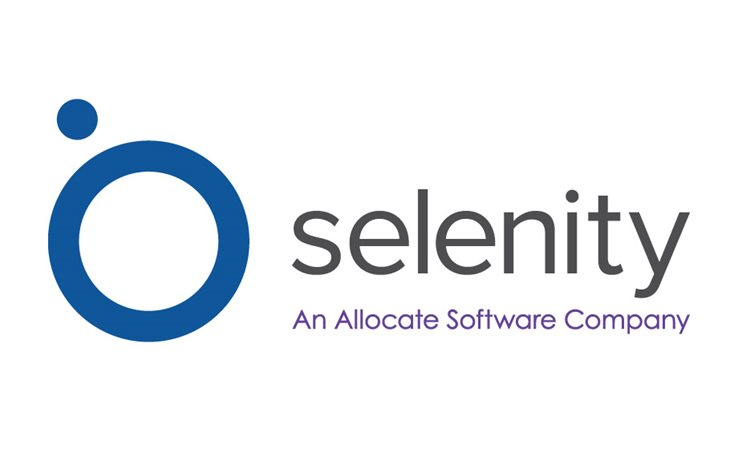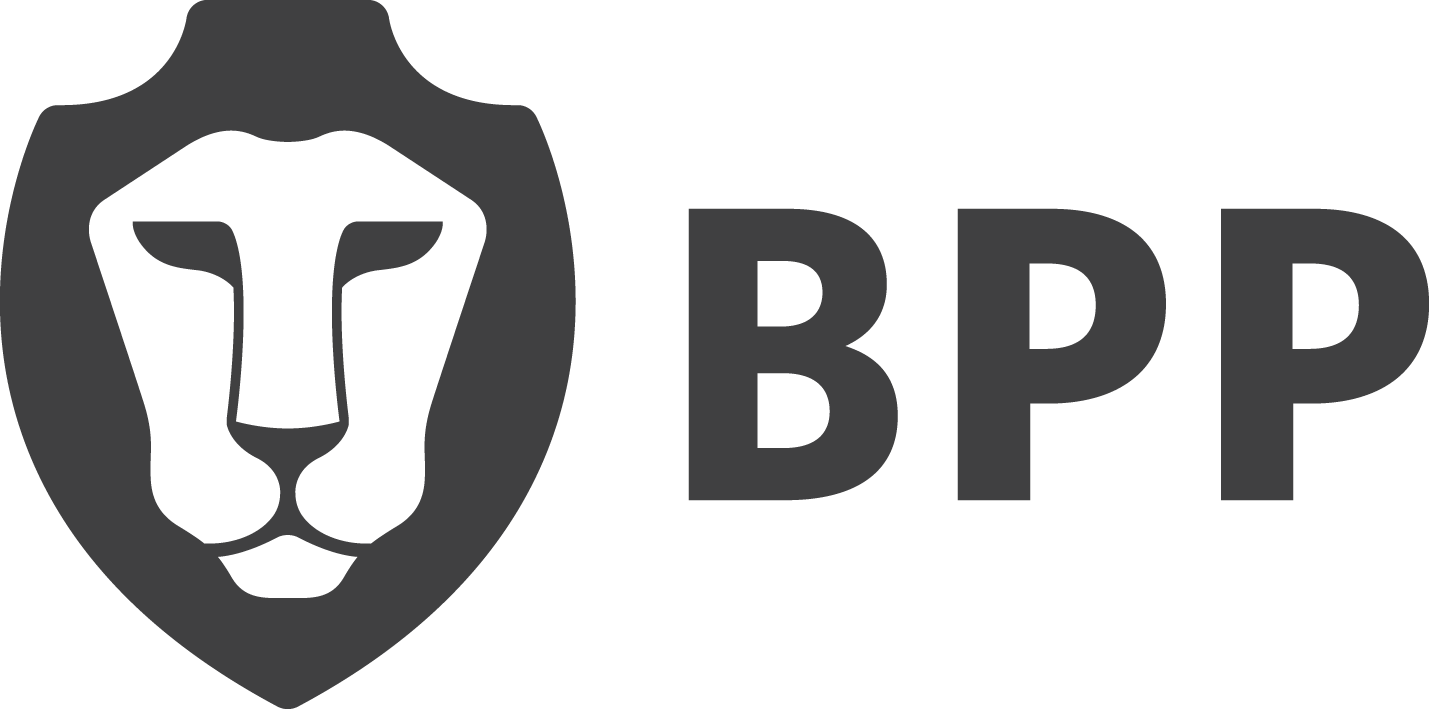Adapt, plan and deliver the changes COVID-19 has brought
Many businesses are facing organisational change. We're seeing this change in many forms from team re-structures, downsizing departments and managing furloughed or potentially sick employees.
With this comes a greater strain upon HR departments to ensure that processes are being carried out and demonstrate compliance with HR policies. For many, the sheer volume means a huge increase in resources as well as highlighting any weaknesses or inefficiencies in current processes.
Employee relations in its nature has always been about putting people first and ensuring that employees are dealt with in a transparent and fair way, and with today's cultural shift we're more likely to see organisations who fall short on the latter put in the spotlight.
Learn how to evolve beyond crisis management and drive transformation
As many organisations struggle to adapt, plan and deliver the changes COVID-19 has brought, the key is to evolve beyond crisis management and drive transformation. Investment in IT infrastructure has been driven by the desire to support mobile workforces and secure data and systems. However, it’s not just remote working practices that can benefit from digital transformation.
Every business function is now under scrutiny with directives to streamline efficiencies and put robust practices in place, which will inevitably improve resilience, flexibility and employee engagement. We're seeing an incredible acceleration in the adoption of automation and AI; initiatives which help to mitigate the risks associated with people-intensive parts of a business.
The current crisis has presented people professionals with a host of opportunities for long-term change. The term Transformation Management Office (TMO) is on the increase as businesses look to manage longer-term operational change, and adopt programmes which create more agile digital businesses which are built to respond to challenges and the effects of the COVID-19 crisis.
One thing this situation has demonstrated to many is how quickly process changes can happen. New practices which may previously have taken years to embed have been implemented into practice in a matter of weeks. The shifting paradigm that digital transformation has to be a difficult and lengthy process has been shattered and organisations who keep this momentum going will find themselves coming out stronger.
Time and resources are often the two main showstoppers when looking to adopt a new system, and we're experiencing many transformation projects re-ignited with vigour, through a renewed energy and understanding of how quickly you really can make things happen.
Register now to access the free On-Demand Webinar
By Andy Shettle, senior product manager at Selenity ER Tracker













